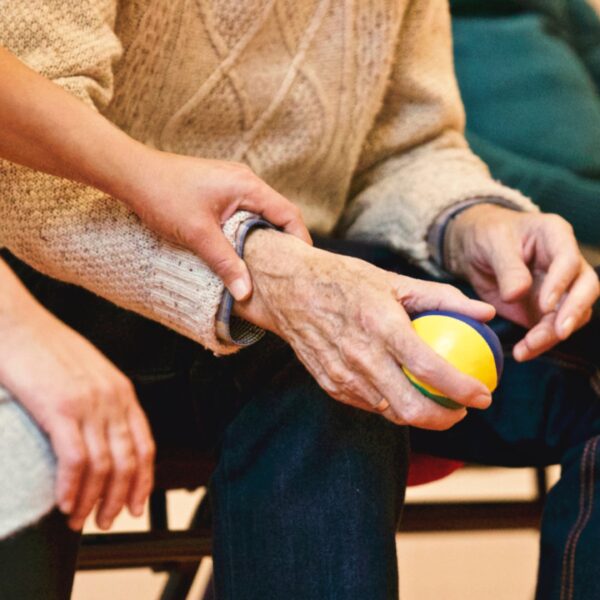High blood pressure is unfortunately a problem many people find themselves having to deal with when they get to middle age and beyond. There are multiple reasons for this, most of which are related to lifestyle habits. But this is good news – because it means you’re in control. Catch it early enough and you can be proactive in reducing your risk of suffering from the effects of high blood pressure later in life.
First of all, you need to be aware of the most common causes of high blood pressure or ‘hypertension’ as it’s known in the medical community. These are: poor diet (especially one featuring too much salt), excessive alcohol intake, being overweight, and a general lack of exercise. All of which are, for the most part, controllable lifestyle choices.
That’s not to say it’s easy to suddenly change course and transform your lifestyle immediately. Preventing long-term hypertension isn’t achieved via a quick fix. Rather this is about gradual steps that, taken now, can help ease your health worries later on. There isn’t an age limit on when you can make positive changes either – don’t fall into the trap of thinking it’s too late to start. Here are some proactive steps you can begin taking today to avoid problems related to hypertension:
Improve your diet
Here’s a simple fact – most people consume too much salt, with too little fruit and vegetables in their diet. While it’s true that sodium is an essential element for human physiology, and some will use this as justification for their salt intake, the recommended amount is only between 1.2 and 1.5 grams daily. Whereas the amount consumed by most Americans every day is around 3.4g; more than twice the recommended intake. The global prevalence of processed fast food such as McDonald’s, serving burgers naturally very high in salt, means everyone else isn’t far behind either.
This is arguably the largest single contributor to hypertension, but it’s not to say you need to cut out certain foods completely. Rather, think of incremental changes you can make at first. Substitute snacks high in salt and/or sugar for pieces of fruit, while swapping out those steaks and burgers for the occasional vegetarian dish.
More physical exercise
Humans are built to be physically active, but it’s also a habit that becomes harder to instil the less we do it. From athletes down to the rest of us, the less you train your body physically, the worse it will perform. So while making changes to your diet can seem difficult, trying to fit exercise into your busy week might seem harder still if you’re not used to it. But working up a sweat also releases endorphins, which are as beneficial for your mental health as exercise can be physically. Implementing small amounts of exercise into your routine can make all the difference in improving daily life and reducing risk of hypertension.
General weight loss
If you’re doing the two recommendations outlined above, this will come naturally. Unfortunately, carrying extra weight does put a strain on our bodies, and losing even a little can go some way to reducing risks of multiple health issues down the line. But taking positive steps in these other areas of life should mean you don’t have to worry about it specifically.
Cutting down on alcohol
Next to fast food, alcohol is probably our biggest guilty pleasure as a species, over consumption is strongly associated with hypertension. Its association with socializing also means it’s easy for a lot of us to get carried away and overindulge more than we should. Trying to have at least 3-4 alcohol free days per week, while not indulging quite as much when we do drink, can have massive health benefits. As a bonus, cutting down here also makes exercise and weight loss a little easier.
Medication (with advice from a qualified doctor)
Sometimes, natural means won’t be enough to eradicate the threat of hypertension. Therefore, it’s recommended to seek medical advice from a qualified professional, who may prescribe medication to help control your blood pressure. Of course, this should be taken alongside the other positive steps outlined above. Don’t be afraid of seeking more professional advice if you’re particularly concerned about your current blood pressure.
Image Credits: Myriam




Like this article? Share with your friends!